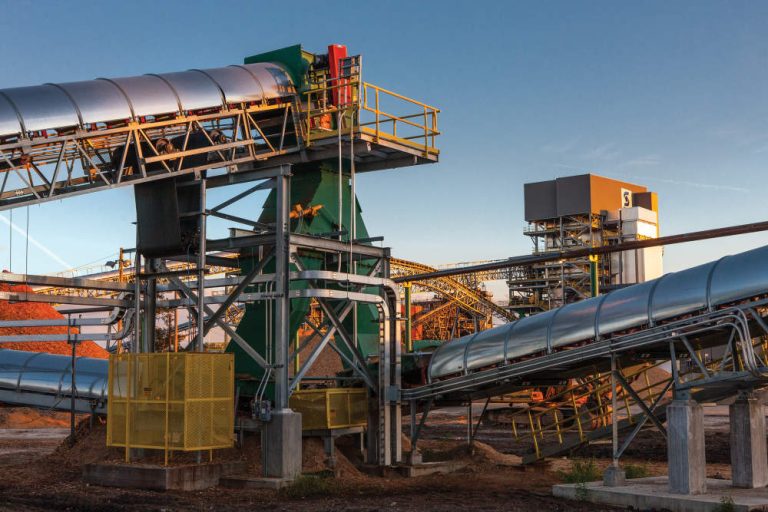South Carolina Companies Invest in Sustainability Ventures
Sustainability has become second nature in South Carolina, where Johnson Controls, PolyQuest, Sonoco, ECAPS, AAC Carolinas are among the companies making sustainable products and investing in sustainable processes to run more efficiently themselves.

Sustainability has become second nature in South Carolina, where companies are manufacturing sustainable products and investing in sustainable processes to run more efficiently themselves.
Johnson Controls, for example, is expected to start production in summer 2012 at a new, fully integrated battery recycling facility in Florence. The $150 million investment will create up to 250 direct and 1,000 indirect jobs.
PolyQuest Inc., which distributes recycled polyethylene terephthalate (commonly known as PET) used in plastic packaging and automotive products, is investing $4 million to increase capacity at its Darlington facility. This will be PolyQuest’s seventh expansion in 11 years and will create 20 new jobs.
Sonoco Biomass Boiler
A number of South Carolina companies are updating existing infrastructure with sustainable alternatives for power generation.
Sonoco, a global producer of packaging products, is one high-profile example. In upgrading its Darlington County plant, Sonoco will invest $100 million – $75 million of it to add a new biomass boiler to replace two old coal-fired boilers.
“We are putting a new heart in this manufacturing complex,” says Roger Schrum, Sonoco’s vice president of investor relations and corporate affairs and the overseer of the company’s sustainability efforts. “We could have scaled down our operations. With 22 mills around the world, we could have increased others and decreased here but we are actually increasing the capacity of mill operations in South Carolina.”
The benefit for South Carolina is twofold, he says. In switching from coal the company reduces its carbon footprint, and in using biomass wood waste from logging operations it takes advantage of an unutilized resource to create power. The boiler will produce about 16 megawatts of “green” energy for the manufacturing complex and steam used in paper making.
Johnson Controls: Big on Batteries
Johnson Controls’ Florence County site is near its distribution center and a short drive from its existing manufacturing facilities, saving time, money and energy. The Carolinas generate about 13 million “spent” lead-acid batteries each year, and the region has had a gap in recycling capacity, the company says.
“More than 97 percent of all automotive lead-acid batteries in the United States are recycled, making them the most recycled post-consumer product nationwide,” Mike Carr, vice president and general manager of Johnson Controls Power Solutions’ North American business, said in an April 2012 construction update. “This facility will enable us to continue to responsibly recycle our customers’ used batteries, while maintaining a reliable source of raw material to support battery production.”
The Palmetto State also is attracting manufacturers that produce green materials for the construction industry. ECAPS Corp., a start-up manufacturer of sustainable aluminum composite panels for old and new buildings, located in Bennettsville.
Using a combination of aluminum sheets and composite insulating materials, the company makes customized panels that can take the place of wood siding and other materials made of scarcer resources. The site, a $3.4 million investment, is home to the company’s fabrication, distribution and customer service operations and will create at least 150 jobs.
Carolina AAC, which produces energy-efficient concrete, is also opening a facility, investing $20 million and creating 36 jobs. The company produces Autoclaved Aerated Concrete (AAC), a lightweight, sustainable, fire-resistant material relatively new to the U.S. building industry but long in use for both residential and commercial construction in Europe and Asia.
Both Carolina AAC and ECAPS set up shop in Marlboro County. The projects, according to the South Carolina Department of Commerce, help establish the Pee Dee region as “a leader in sustainable building materials at a time when the emerging green construction industry surges.”
